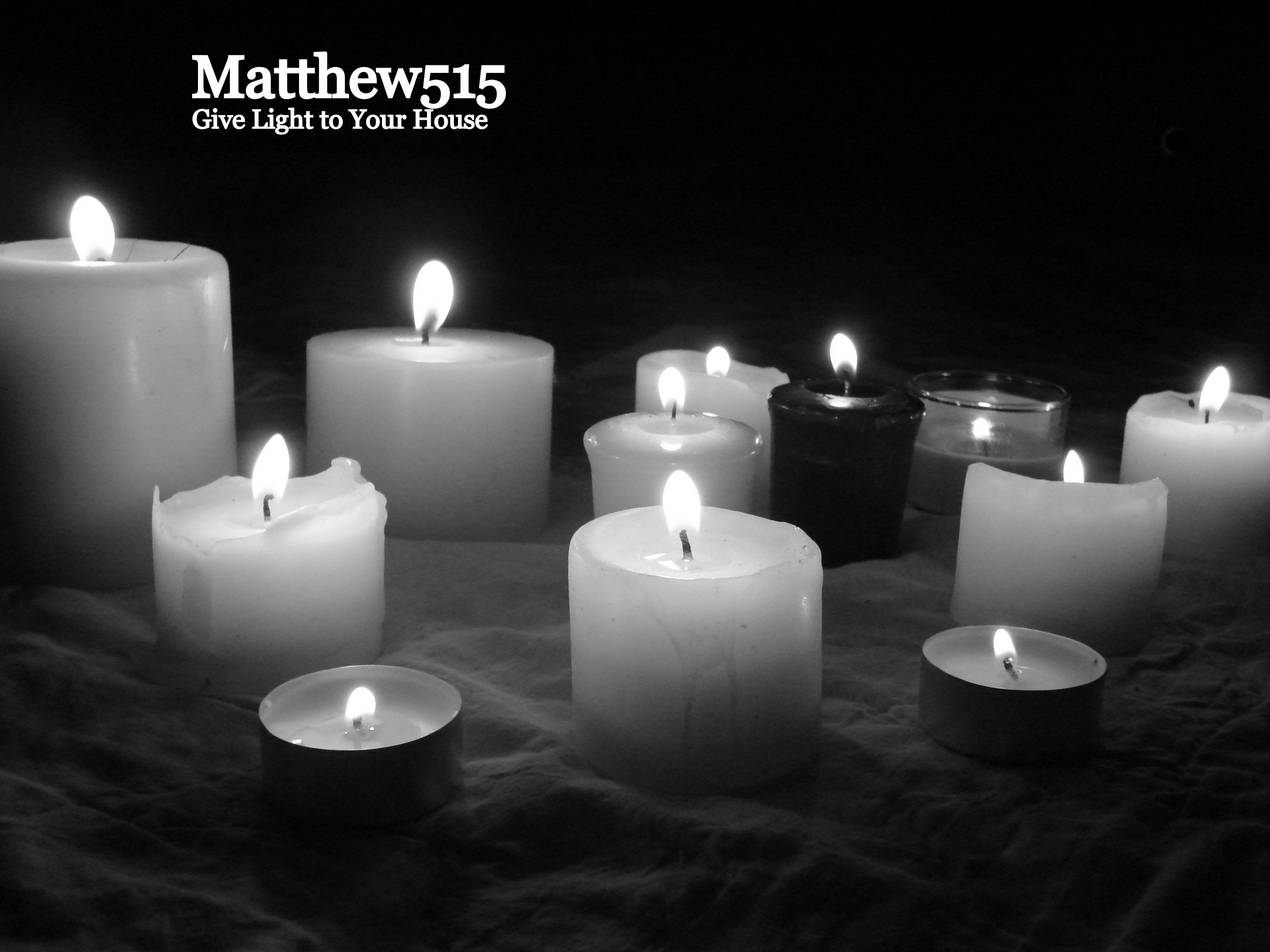 I’m concerned about the notion that Christians shouldn’t be friends with non-Christians. I don’t believe that all Christians feel this way but I think there are certainly some who do, and with good reason. Just look at James 4:4, for example: You adulteresses, do you not know that friendship with the world is hostility toward God? Therefore whoever wishes to be a friend of the world makes himself an enemy of God. (James 4:4)
I’m concerned about the notion that Christians shouldn’t be friends with non-Christians. I don’t believe that all Christians feel this way but I think there are certainly some who do, and with good reason. Just look at James 4:4, for example: You adulteresses, do you not know that friendship with the world is hostility toward God? Therefore whoever wishes to be a friend of the world makes himself an enemy of God. (James 4:4)
At first glance it seems like James is offering us a stern warning about associating with the world. After all, friendship with the world is hostility towards God, right? Clearly there has to be a line drawn somewhere in our life that defines that which is Godly from that which is worldly. But if you look at James chapter 4 closely you will see that James is talking about the Christian who is living like the unsaved; that is a Christian who is ruled by his or her desires and lusts of the flesh instead of in submission to the Spirit of God. In other words friendship with the world in James’s mind is a heart problem that stems from putting “me” on the throne in my life instead of God Almighty.
But what about 2 Corinthians 6:14-18? Doesn’t that state the case a little bit stronger that we shouldn’t be associating with non-believers? Do not be bound together (unequally yoked) with unbelievers; for what partnership have righteousness and lawlessness, or what fellowship has light with darkness? Or what harmony has Christ with Belial, or what has a believer in common with an unbeliever? Or what agreement has the temple of God with idols? For we are the temple of the living God; just as God said, “I will dwell in them and walk among them; And I will be their God, and they shall be My people. “Therefore, come out from their midst and be separate,” says the Lord.“ And do not touch what is unclean; And I will welcome you. “And I will be a father to you, and you shall be sons and daughters to Me,” Says the Lord Almighty. (2 Corinthians 6:14-18)
The key idea here is the phrase “bound together”. It speaks to something closer and stronger than just an acquaintance or even friendship. The Theology of Work website explains it like this: “When two animals are yoked together, they must move in lockstep. If one turns left, the other turns left also, whether or not it consents. This is different from, say, animals grazing in a herd, which cooperate but still have the freedom to move separately, and even to depart from the herd if they choose. If two animals—or, metaphorically, two people—are yoked, each is bound by whatever the other chooses to do. Two people are yoked if one person’s choices compel the other person to follow the same choices, even without their consent. A yoking is when either person is bound by the unilateral decisions and actions of the other… To be unequally yoked with unbelievers, then, is to be in a situation or relationship that binds you to the decisions and actions of people who have values and purposes incompatible with Jesus’ values and purposes.”
So now we know not to act like the world (James 4:4) and not to enter into unequally yoked relationships with non-believers (2 Corinthians 6) but where does that leave us in our relationships to those who are lost?
And the master said to the slave, ‘Go out into the highways and along the hedges, and compel them to come in, so that my house may be filled. (Luke 14:23) First of all, we need to be going where they are. And practicing avoidance of non-believers is not going to get us there. The master has commanded us to go out and compel them (compel actually means to “drive forcibly”, believe it or not) to come in to His house. The master’s house is where his family resides. It is an invitation to become a son or daughter of the living God and it’s a message He is sending with us to anyone who will receive it.
The righteous is a guide to his neighbor, but the way of the wicked leads them astray. (Proverbs 12:26) I really like this verse. How are we supposed to be a guide to our neighbor if we are in hiding and they can’t see what we are doing? The Bible calls us to be visible and visibly righteous! That means living an upright life and walking with God on a daily basis in a way that everyone around us can see. Then, when we encounter those non-believers and get to know them where they are they will see God in us and want to know why it is that we are different. Can we be a righteous guide to those we exclude and dismiss? Absolutely not and that is why we must include and invite at every possible occasion.
Two are better than one because they have a good return for their labor. For if either of them falls, the one will lift up his companion. But woe to the one who falls when there is not another to lift him up. (Ecclesiastes 4:9-10) One of the best ways to be a witness to someone is to be there for them when they need a helping hand. Jesus went about meeting the needs of the people and sharing God’s love and that should be our model as well. If we see someone around us who is “falling” then we need to be there to lift them up and meet their need. It is our privilege and responsibility as those who have been redeemed.
Greater love has no one than this, that one lay down his life for his friends. (John 15:13) Perhaps the greatest evidence that we have that says we should be friends with the lost is Jesus’s death on the cross. He literally laid down his own life for the lost, they (we!) are that important to Him. Jesus spent his time with the doubting and the unbelieving, the sick and the needy. And he did it all with the knowledge that He would one day be given up for arrest and crucifixion by the very people that He was trying to save. Now is that friendship, or what?
What’s needed from us is a Christlike concern for all people. If our primary goal is to love everyone like Jesus did then we won’t have to fall back on legalistic interpretations of the Bible that try to enforce excluding others or turning our noses up at their behavior. No, we shouldn’t be acting like the unsaved and yes we should be careful about the types of relationships we enter in. Those are a given. But beyond that we should be willing to go wherever it takes, living visibly righteous lives, ready to meet the needs of those around us and showing the world what it really means to be a friend.
